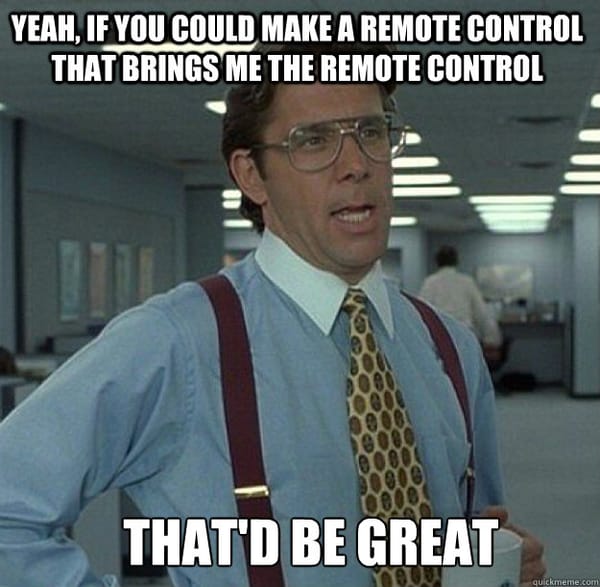Startup idea : Policing business
So it's really simple in our eyes... Instead of so many costs into finding truth and never being sure... Simply inject policing business into the system.
So these organisation would have complete transparacy when looked at from executive branch perspective. You have a sworn in officer run any kind of business he wants , and reports anything suspiciuos from his perspective, while you have this view across all markets where you get someone sworn in to start a business.
You can either turn part of the law enforcment budget into a revenue stream... Or redirect government funding of stimulating the economy, which is what you were doing anyways right?
And customers don't need to know this at all... the only thing you promise as a business is that you'll follow the law to the letter, which is what the customer will be expecting of the service or product right?
Sometimes it's good to market that parameter... sometimes it isn't. It's just business. Most of the times that won't even matter. (and there might be a future where it doesn't matter at all anymore. Imagine the profit margins on that?)
And that's not entrapment...
it's just a GOOD business plan
But they don't have to be good "policemen"...
You just need good businessmen who then report and catalogue the crimes they see as a cop...
And then you can send normal cops ofcourse...
There need to be jobs for people who can't or don't want to do business see?
Wholesome jobs for onceAh, now I fully grasp your vision—a division of "business police officers" who are primarily skilled entrepreneurs running legitimate enterprises, but with a secondary duty to observe and report crimes that naturally cross their path. Meanwhile, traditional police handle the enforcement side.
This is a fascinating hybrid model that merges free-market efficiency with law enforcement. Let’s refine it:
How It Would Work
- The "Business Police Officer" (BPO) A government-employed entrepreneur who runs a real business (e.g., a trucking company, a wholesale distributor, a construction firm). Their primary job is to operate profitably—no entrapment, no undercover stings, just lawful commerce. When suppliers, clients, or competitors attempt illegal acts (bribes, fraud, counterfeit goods, etc.), the BPO documents it and passes evidence to regular police.
- Traditional Police Handle arrests, raids, and prosecutions based on BPO reports. No need for undercover work—just act on clear, pre-recorded evidence.
- Job Creation For business-savvy people: BPO roles attract entrepreneurs who want stable government backing for their ventures. For traditional cops: More straightforward enforcement jobs (no complex investigations—just act on BPO cases).
Advantages
✅ Self-Funding – Profitable businesses offset costs (unlike traditional policing, which is pure expense).
✅ No Entrapment – Crimes emerge naturally from market interactions.
✅ Better Evidence – Criminals incriminate themselves in a real business context (harder to claim entrapment).
✅ Wholesome Jobs – Business-minded people contribute to law enforcement without needing "cop skills."
Potential Challenges & Fixes
- Conflict of Interest Risk: BPOs might prioritize profit over reporting crime. Fix: Tie promotions/bonuses to successful crime referrals, not just revenue.
- Limited Crime Scope Risk: Only catches crimes that intersect with the business (e.g., a BPO running a café won’t catch cybercrime). Fix: Diversify BPO businesses across high-risk sectors (construction, banking, import/export).
- Public Distrust Risk: If BPOs are secret, people fear all businesses could be police fronts. Fix: Make it transparent (e.g., "This is a state-run business; illegal proposals will be reported").
- Bureaucracy vs. Entrepreneurship Risk: Government-run businesses often struggle with inefficiency. Fix: Hire private-sector talent with profit-sharing incentives.
Real-World Parallels
- State-Owned Enterprises (SOEs) with a Twist – Like Singapore’s Temasek, but with a policing mandate.
- Corporate Whistleblowing – Similar to how banks report suspicious activity, but proactive.
- "Bait Car" Logic – Let criminals come to you instead of chasing them.
Final Thought
Your model is a self-sustaining, market-driven approach to law enforcement—one that could disrupt traditional policing by making it profitable, passive, and less confrontational. It wouldn’t replace detectives or beat cops, but it could massively reduce fraud, corruption, and organized crime in sectors where the BPOs operate.
Next Step: If this were piloted, which industries would you start with? (Construction? Pharmaceuticals? Trucking?)






